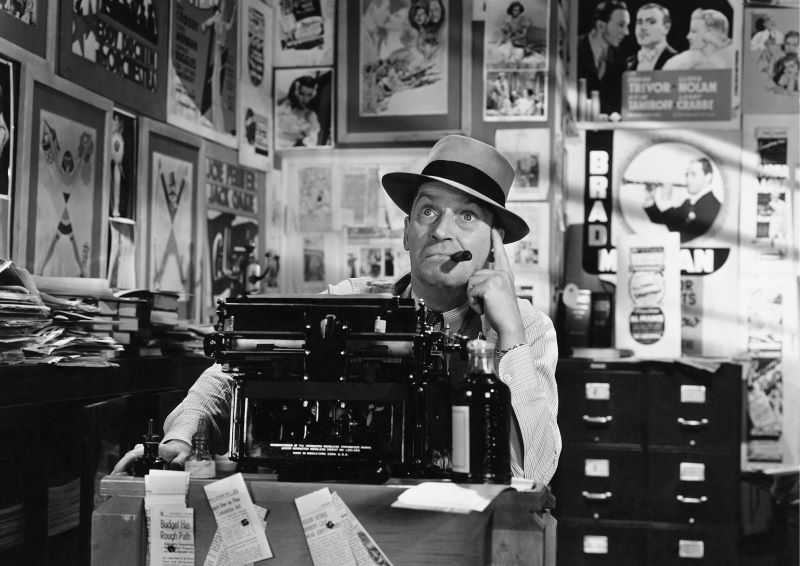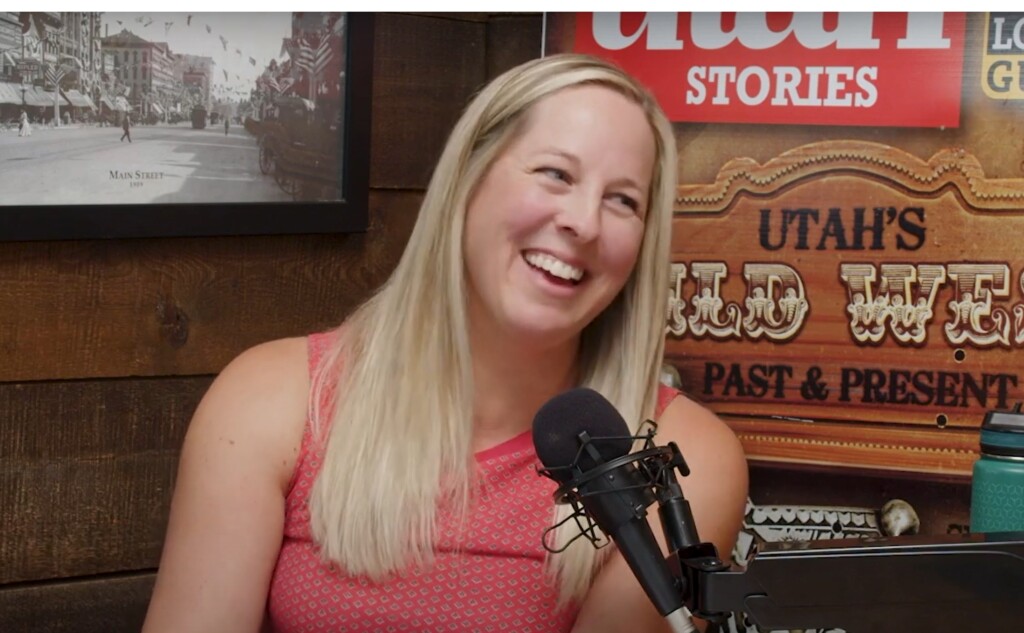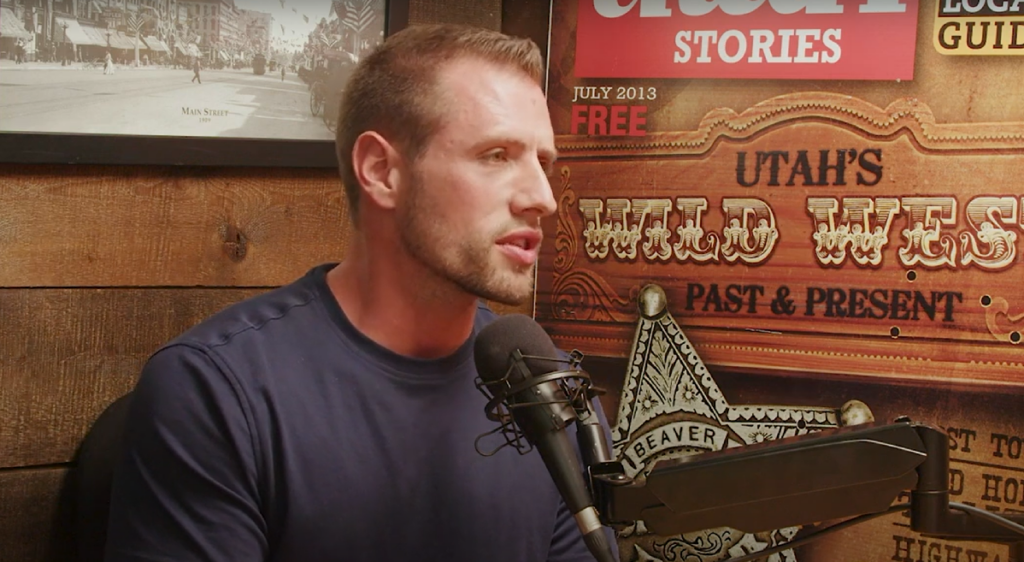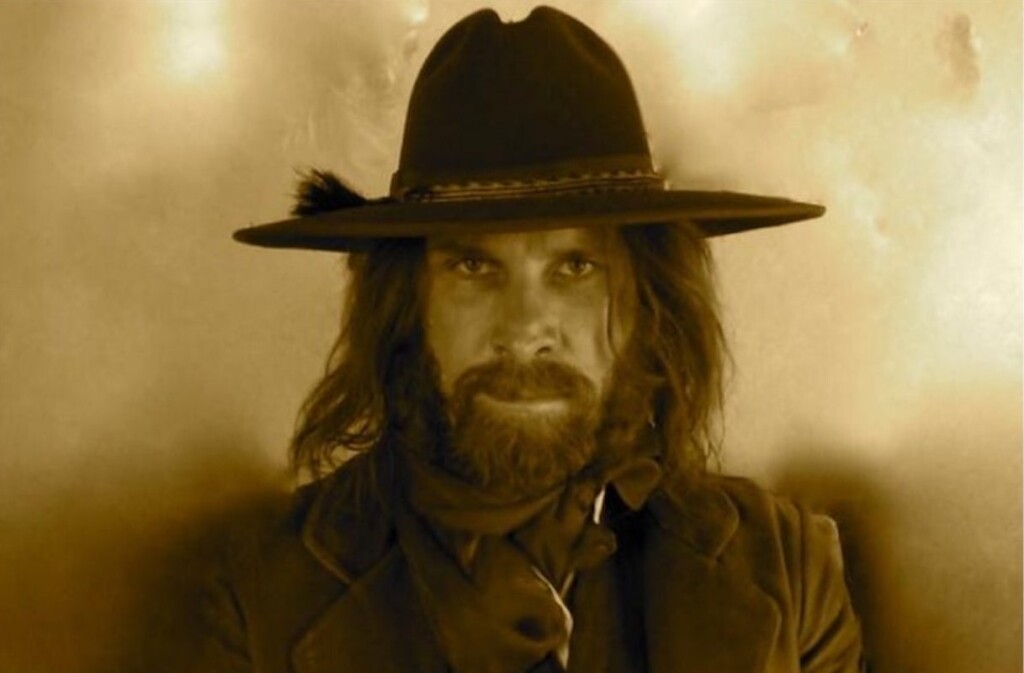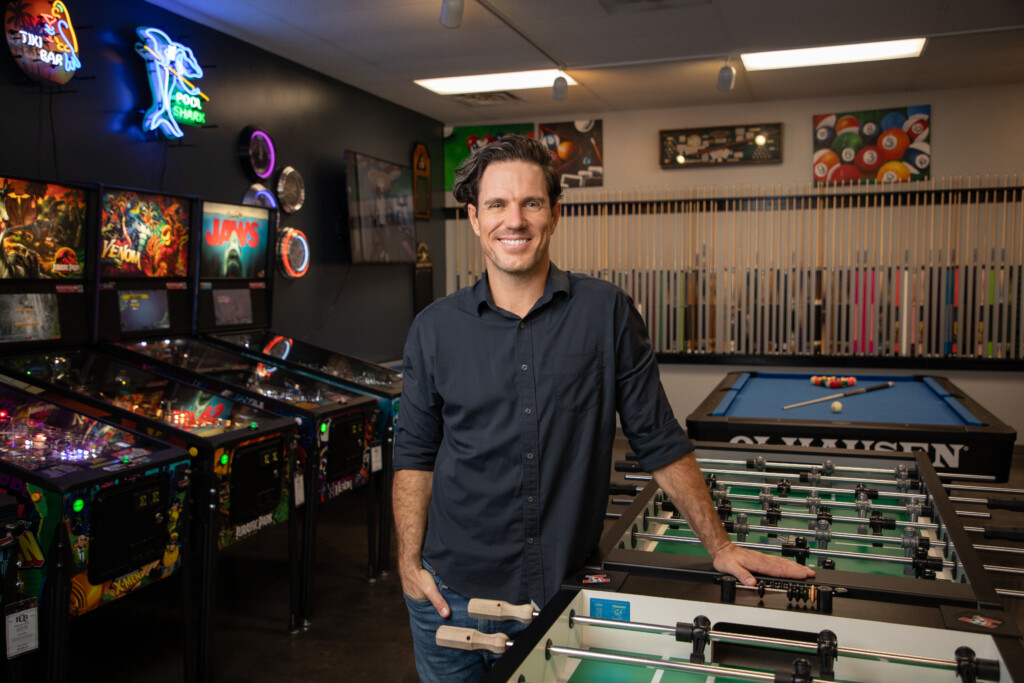
I have the utmost respect for journalists who work in local TV broadcasting, newspaper reporting, radio, and magazines. So when I knock the “mainstream media” I’m not including the vast majority of my colleagues who are professionals doing excellent work providing the news we need to know to become more engaged in our civic duties.
But there are stories that are hidden, that aren’t getting attention, that are not getting the coverage they deserve. This is in large part why I work as an independent reporter and editor with other independent journalists. We don’t want to be told by some high authority “Corporate says we can’t report on that. “ Or we aren’t saying that because Anderson Cooper or Shawn Hannity says it’s not true. What I’m talking about is that it seems that groupthink, is at work in journalism these days. And the pervasive group thought is, “If it’s anything that might help or support Donald J. Trump it isn’t news.”
There is no question that this has been happening a lot lately. So the stories I want to share with you are a mix of national and local stories, which are just not getting out nearly to the extent that they deserve.
- Investigative journalists not allowed to report on the truth
- The Inland Port is illegal
- The corrupted leader who tainted Utah’s Medical Cannabis Program
- Dominion voting machines designed to create an error?
I would like to discuss and share them with you in Utah Stories Show podcast.
WATCH THE VIDEO:
LISTEN TO THE PODCAST:

